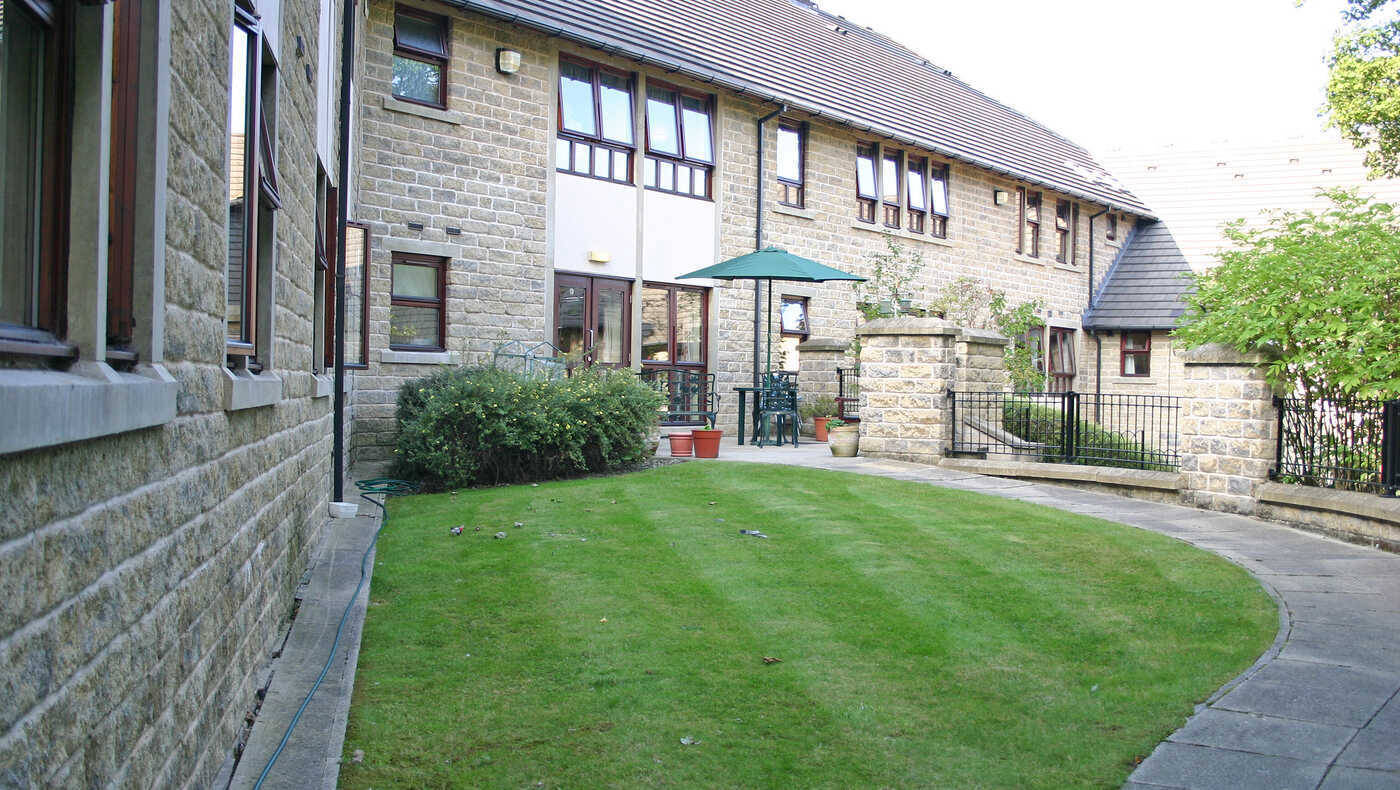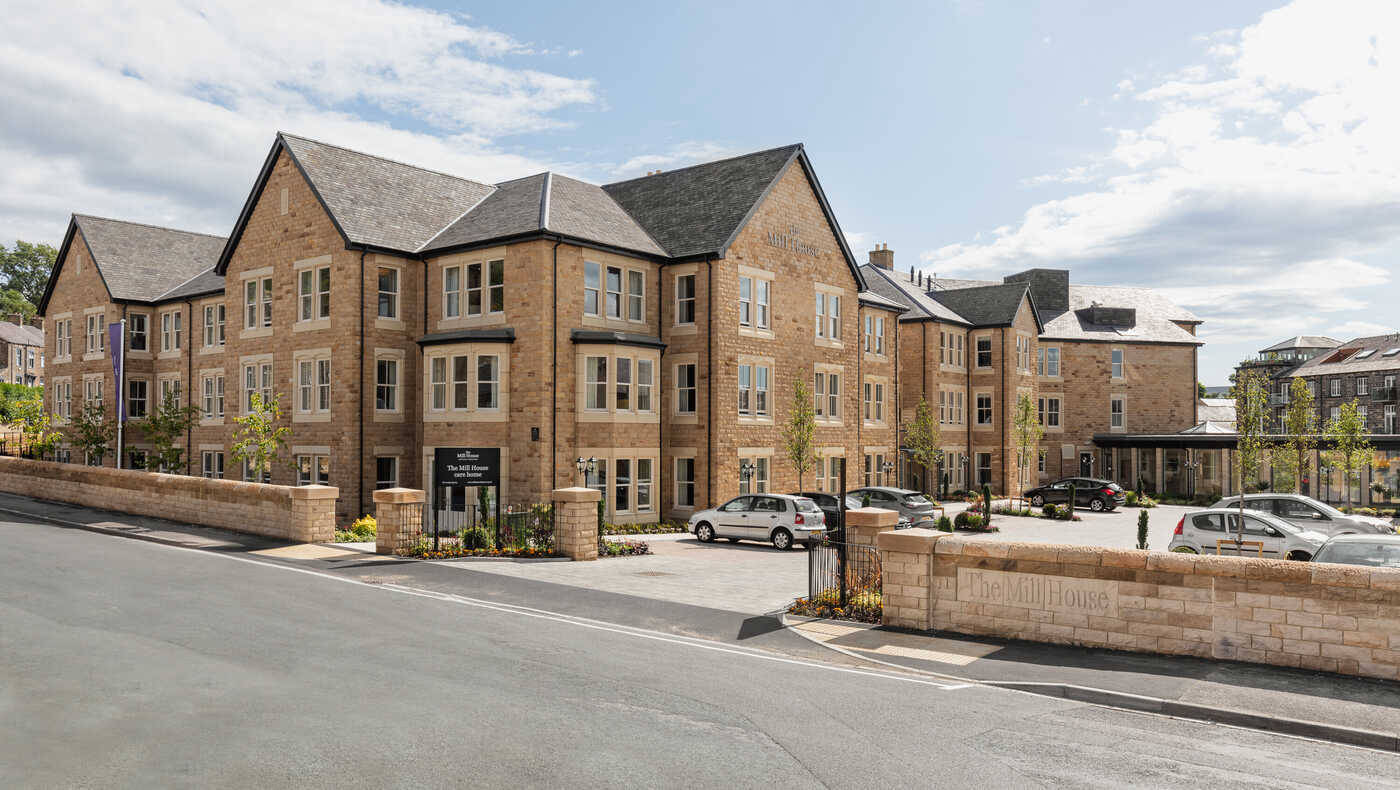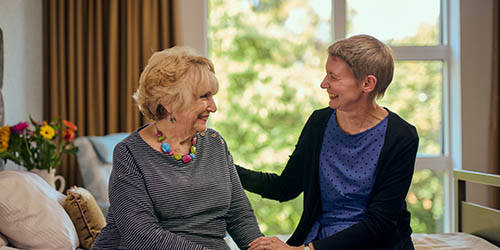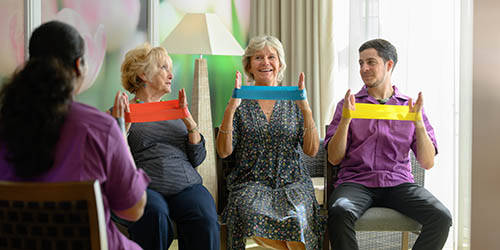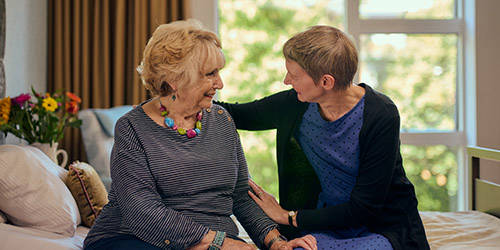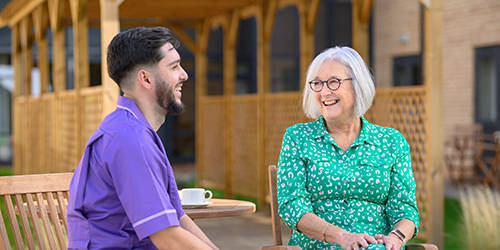Last updated 18 November 2025
Finding a care home for a couple
Stay side by side in later life with Anchor
We understand the importance of staying close to your loved one. A number of our homes offer spacious double rooms and a homely environment where couples can continue to live side-by-side. Find out more below and arrange a visit to see why couples choose our care homes for a supportive lifestyle - together.
-
![Tolson Grange]()
Tolson Grange
Tolson Grange care home in Huddersfield is a trusted provider of care for elderly people offering support for older people who have residential care and dementia care needs. Our care home’s well trai...
-
![Bilton Court]()
Bilton Court
Anchor’s Bilton Court care home in Wellingborough is a trusted provider of residential care for elderly people, offering support for older people who have residential and dementia care needs. Our car...
-
![The Mill House, Skipton]()
The Mill House, Skipton
The Mill House Skipton is a luxurious residential care home within private landscaped gardens located on the historic site of a former silk mill. We enjoy an idyllic location on the Leeds and Liverpoo...
-
![Ferendune Court]()
Ferendune Court
Anchor’s Ferendune Court care home in Faringdon is a trusted provider of care for elderly people, and we offer support for older people who have residential care and dementia care needs. Our care hom...


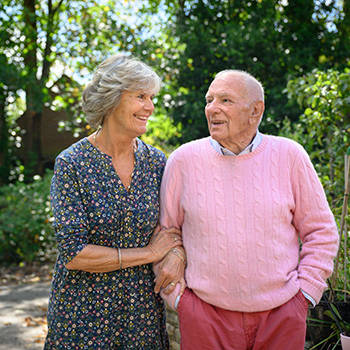 For many couples, spending their later years side by side is about more than just comfort; it's about companionship, routine, love, and the life they've built together.
For many couples, spending their later years side by side is about more than just comfort; it's about companionship, routine, love, and the life they've built together. .jpg) Understanding individual vs. shared care needs
Understanding individual vs. shared care needs  Can couples stay together if their needs are different?
Can couples stay together if their needs are different?  Room size and layout
Room size and layout 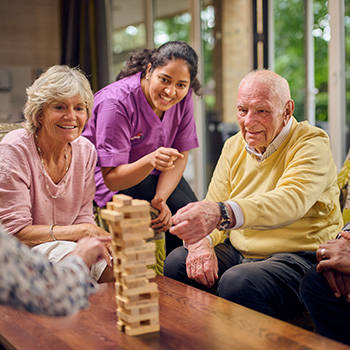 Moving into a care home is a significant life change, and when two people are involved, it can evoke a range of emotions. Sometimes there can be other family members involved in the decision-making process and it’s essential everyone acknowledges these feelings and approaches important conversations with compassion and kindness.
Moving into a care home is a significant life change, and when two people are involved, it can evoke a range of emotions. Sometimes there can be other family members involved in the decision-making process and it’s essential everyone acknowledges these feelings and approaches important conversations with compassion and kindness. 